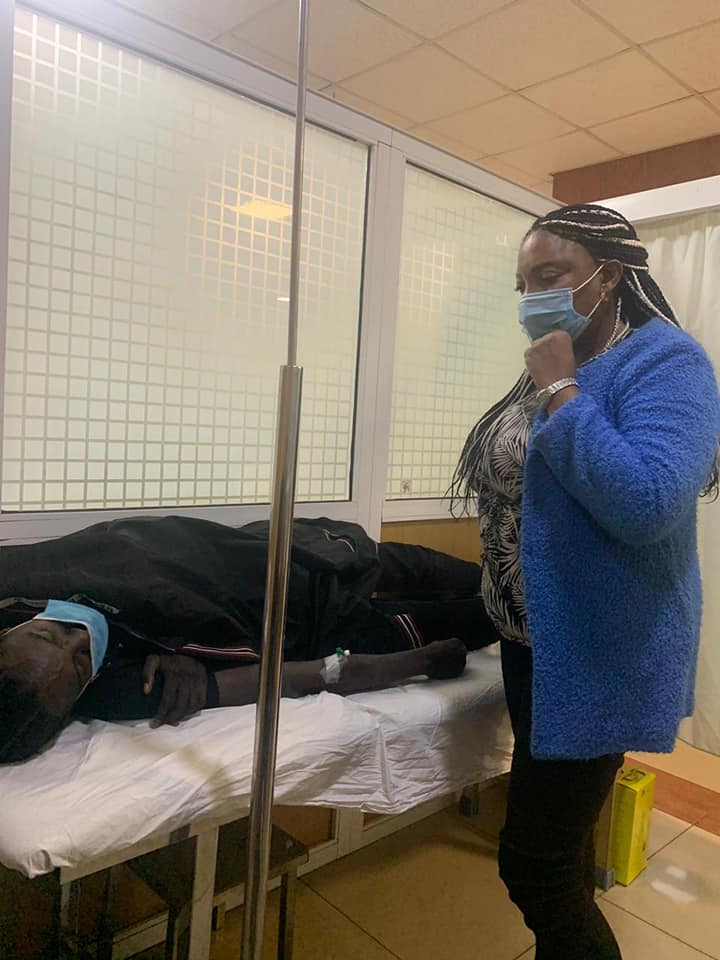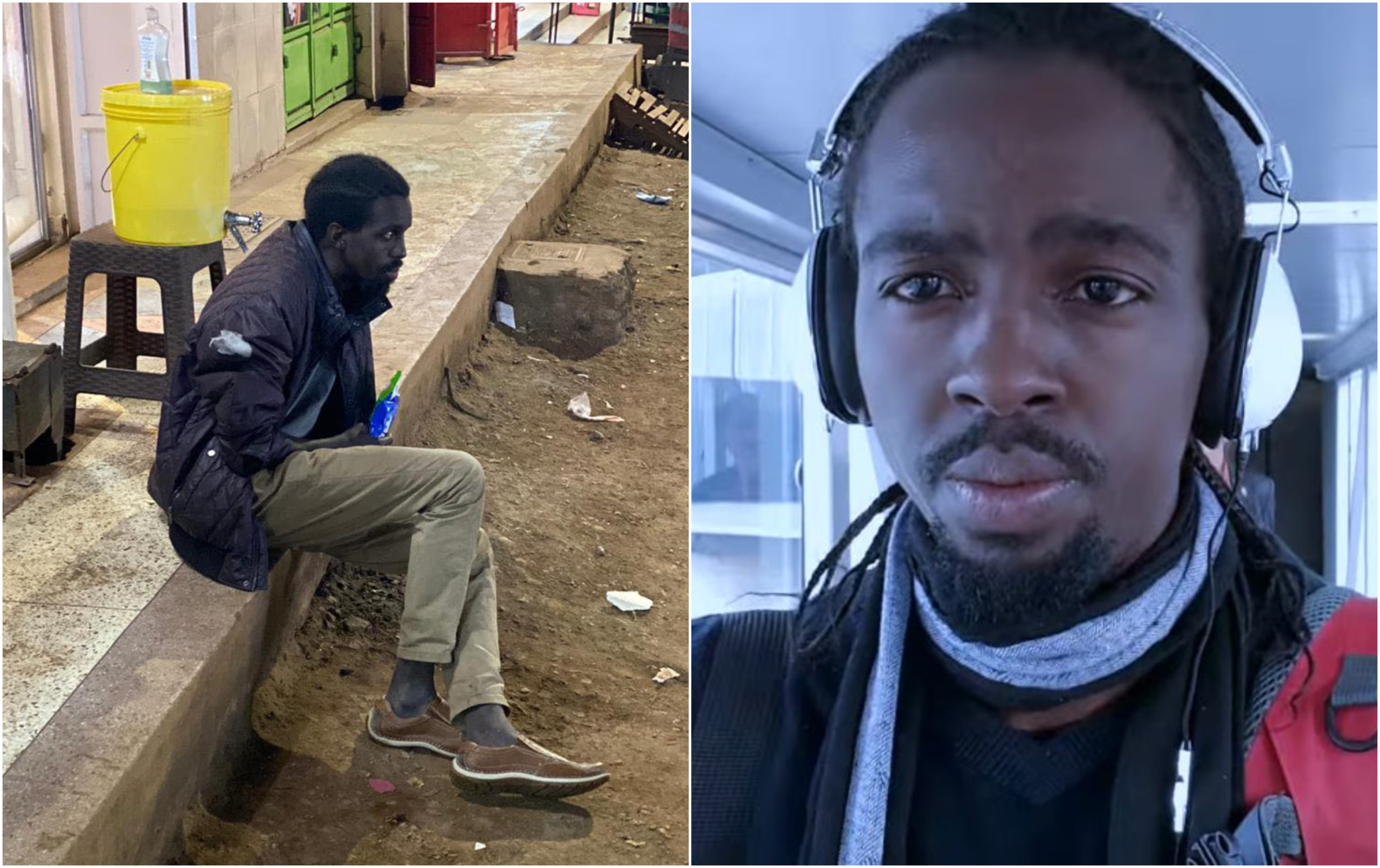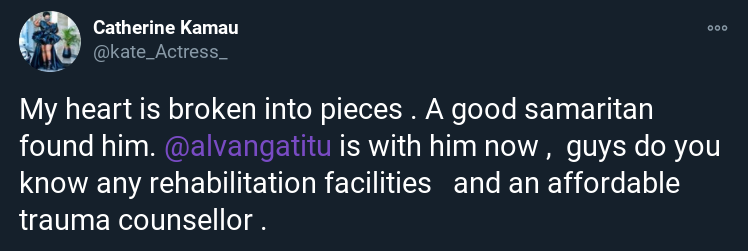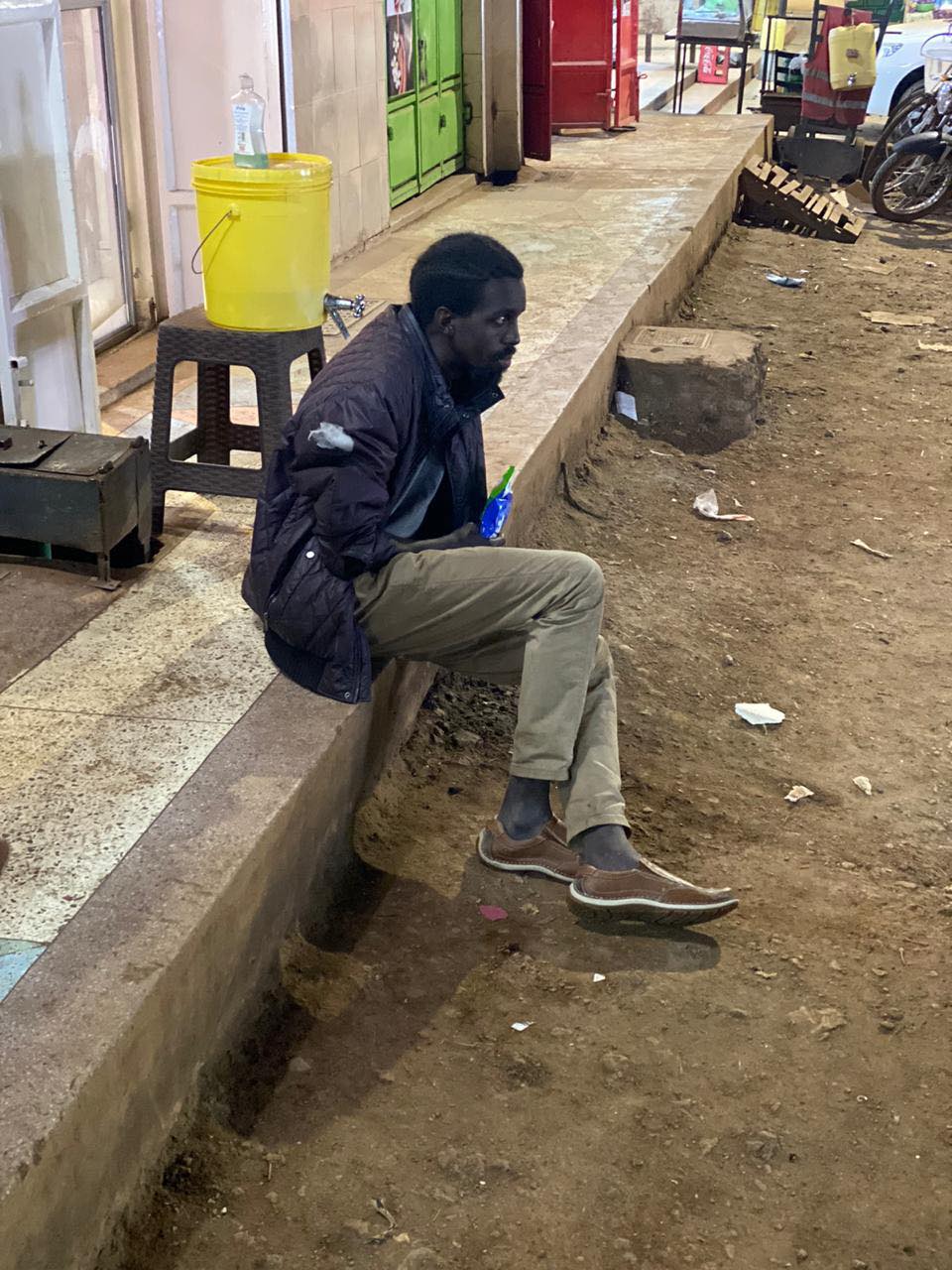A recent directive from Kenyan President William Ruto to the Ministry of Land, ordering the revocation of titles for undeveloped land in Athi River spanning over a decade, has sparked controversy and a wave of protests.
While the President’s intention was to encourage development and economic growth, the consequences have raised serious concerns.
On October 13, President Ruto expressed his frustration with land speculators who have held undeveloped parcels for years. He called for their removal and the transfer of these lands to the Export Processing Zone (EPZ).
Additionally, Ruto ordered that land previously taken from the East Africa Portland Cement Company (EAPCC), following a court ruling, be transferred to the EPZ. This move aims to facilitate the government’s expansion efforts by transferring approximately 1,000 acres from EAPCC to EPZ.
The President’s decision has faced opposition, with Machakos Governor Wavinya Ndeti being one of the prominent voices in protest. She criticised the government’s actions, stating, “It’s shocking that government security agencies proceeded with the demolitions of homes without issuing any notice to the affected people as the law requires. It is partially disappointing that the process was unnecessarily rushed despite the fact that there were ongoing high-level discussions between the President and I on the matter,” in a post on her Twitter account.
Notably, popular TikToker Alvan Love, a Kenyan celebrity with a significant following, also joined the protest, citing the potential impact on his family. In a video message, he passionately called for public attention to the issue.
“This Government, we don’t fight with cops. Cops are not on our side. We fight for ourselves. Sisi wenyewe ndio tunajisimamia,” Alvan emphasised while on TikTok live.
He went on to describe the distressing scene and questioned the actions of the government, stating, “How can you flatten a whole church? Uko huko ati unasema you are God-fearing…”
Alvan continued to express his personal anguish, saying, “I’m about to lose my parents’ home tomorrow [Sunday October 15].”
The President’s directive has raised concerns about the potential impact on low-income communities and the environment. Some critics have accused the government of prioritizing corporate interests over the needs of the people.
The government has defended its actions, arguing that they are necessary to promote economic development and create jobs. However, the protests against the directive highlight the need for a more balanced approach to land management that takes into account the interests of all stakeholders.













